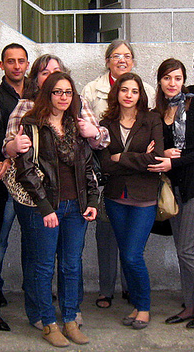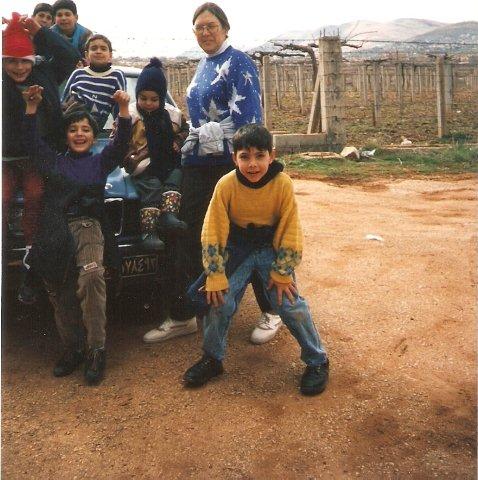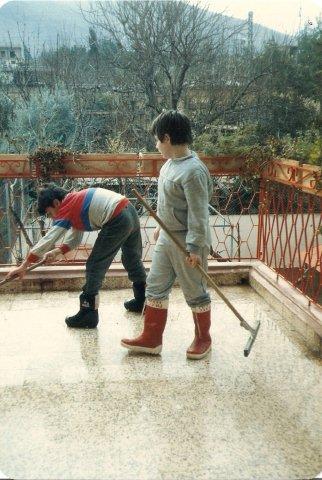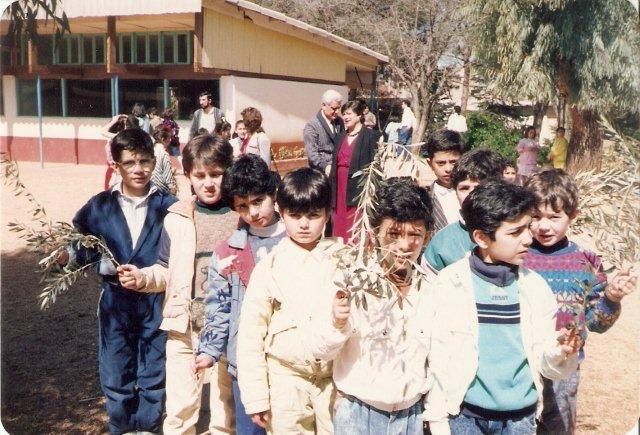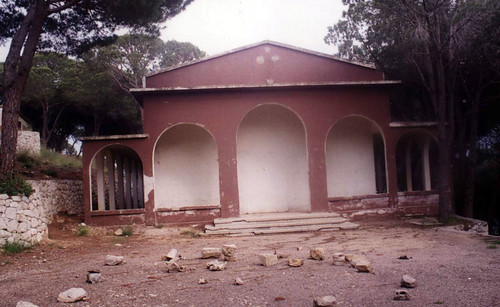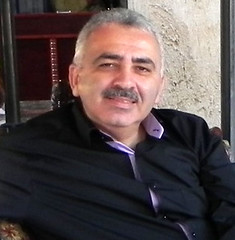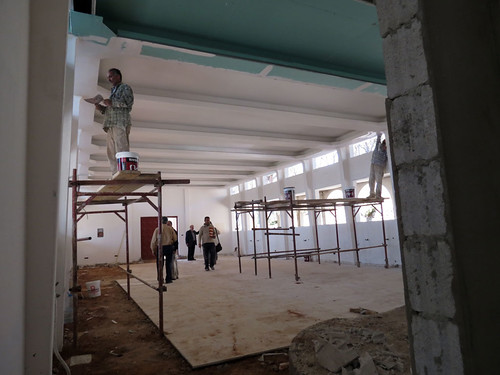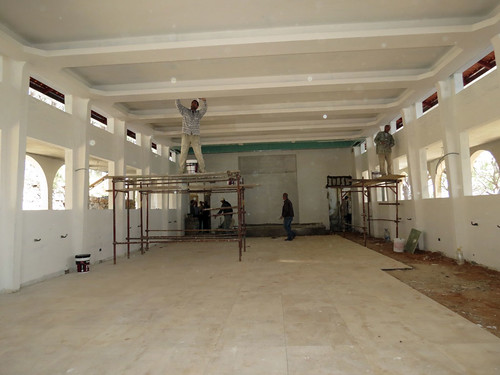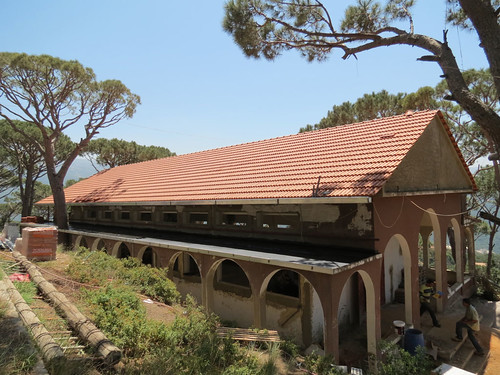During the Summer, Johannes and Inger came to Lebanon to live here in Beirut within the Armenian community in Bourj-Hammoud, where many Syrian refugees have been living from the time the Syrian crisis started. In order to know more about them, their stay and their impression of Lebanon, we had this interview with them. Read on...
(Interview conducted by Raffi)
Raffi- Could you introduce yourselves and what kind of studies you pursue in Denmark?
Johannes & Inger-
• Johannes 24 years old, studying a ‘Proffesion-BA’ in Christianity, communication and culture
• Inger, 22 years old, studying to teach the subjects Danish and Music.
We got married a year ago, now we live in greater Copenhagen, originally we are both from the more southern part of Denmark. We are a part of ‘Apostelkirken’ (name of our church), a congregation with Danish, English and Farsi speaking members.
Raffi- What are the reasons for your visit to Lebanon?
Johannes & Inger- Four years ago, we went to Lebanon for a week with the youth group of our church, supported by the Danish Armenian Mission. We met with different local youth groups, churches, and Armenians in general while staying at KHCAG. We enjoyed our visit back then and it encouraged us to go to Lebanon a second time, but for a bit longer (a month). Also we kept in touch with the Danish Armenian Mission, which also encouraged us to go. For us, it was a wonderful opportunity to experience and be a part of another culture, country and Christian fellowship. Furthermore, we wanted to strengthen the ties between Denmark and the Armenians in Lebanon, on behalf of the Danish Armenian Mission.
Raffi- Where did you stay and serve in Lebanon?
Johannes & Inger- During our time in Lebanon, we stayed at the CAHL center in Bourj Hammoud. This was a nice location, making it easy to experience the Armenian community and its everyday life, also it was a walking distance to Nor Marash, where we participated in the summer school for one and a half week, playing, singing, and so on with the kids. We participated in the general assembly of The Union of the Armenian Evangelical Churches in the Near East (UAECNE). It gave us some very detailed insights about the challenges of the church, the Armenians and the Middle East in general. At the end of our stay, we visited the teen-camp at KCHAG, a real pleasure to both leaders and teens. In between all this, we attended youth groups, Sunday services, social/cultural activities and a couple of tourist attractions as well.
Raffi- What were your impressions of Lebanon and the churches here and what changed in your perspective after experiencing Lebanon first hand?
Johannes & Inger- It’s always hard to know what to expect, when you go to another country, however, we had our thoughts and ideas. First of all, we wondered how the ‘refugee-crisis/Syrian war’ affected the country as a whole, it’s hard to imagine how to handle refugees in such big numbers. Even tough the challenge is huge; we were very impressed of how well it seems to work out after all. From a foreigners perspective it seems that the different Lebanese community including the Armenians has a way of integrating the refugees into their communities. We experienced this at first hand in plenty, as we spoke to several Armenians originally from Syria now staying in Beirut, as part of the community.
Another thing, it surprised us how much the evangelical Church, its members, pastors, organization, and so on, were similar to the church we know from back home. A few differences of course, but all in all we felt familiar with the form of the services.
Jesus is the same everywhere, but never the less the similarities surprised us.
A third thing we learned is how complex the situation in Syria the neighbor country is. In the West, we used to get at least a somewhat manifold picture of the situation, but the complexity really got to us as we spoke to those who experience this at first hand - really eye-opening.
Finally, one thing we had it right all from the start: The weather! We expected it to be way too hot, and it was. But as second-time visitors we knew what we were going in to, we were prepared.
Raffi- What are the memories and lessons that you would take with you to Denmark?
Johannes & Inger- We will remember first of all the great hospitality and gentleness of the Armenians community. Everywhere we went we were being taken care of. And even more important to the purpose of our stay, people really wanted to share their stories and get to know us. As mentioned above, the stories from especially Syria made an impression on us, but also the will power to make things work under challenging circumstances is a characteristic of the people we meet, which we will remember. All in all the different relationships we made during our stay is of great value to us – and we are thanking God for this opportunity. We wish you all, the best – and looking forward to hopefully see you all again sometime.
God bless.
Daily Vacation Bible School in Nor-Marash Church
Touring in Lebanon






